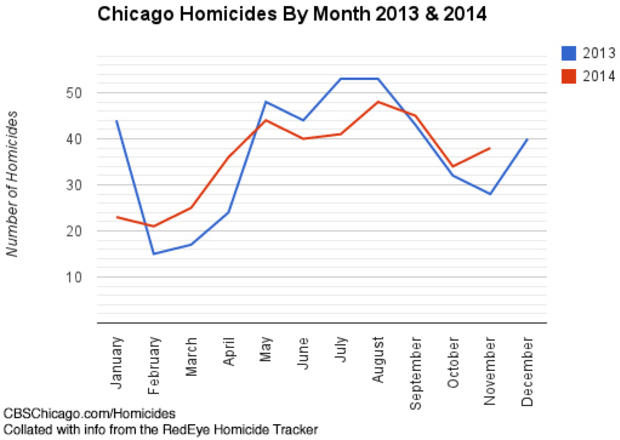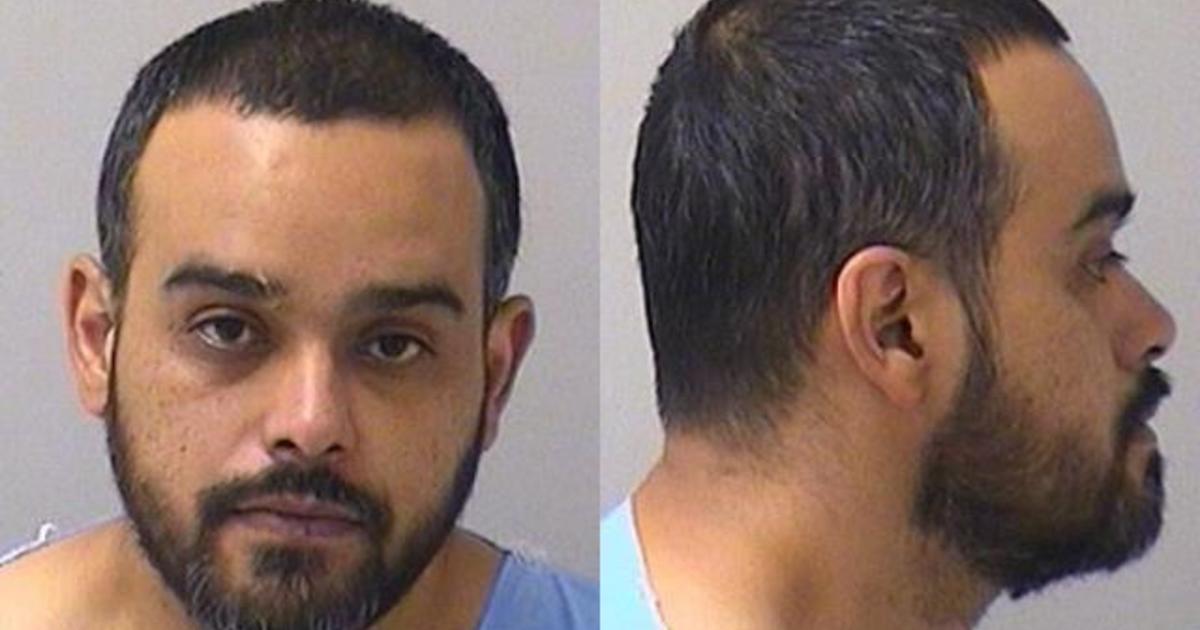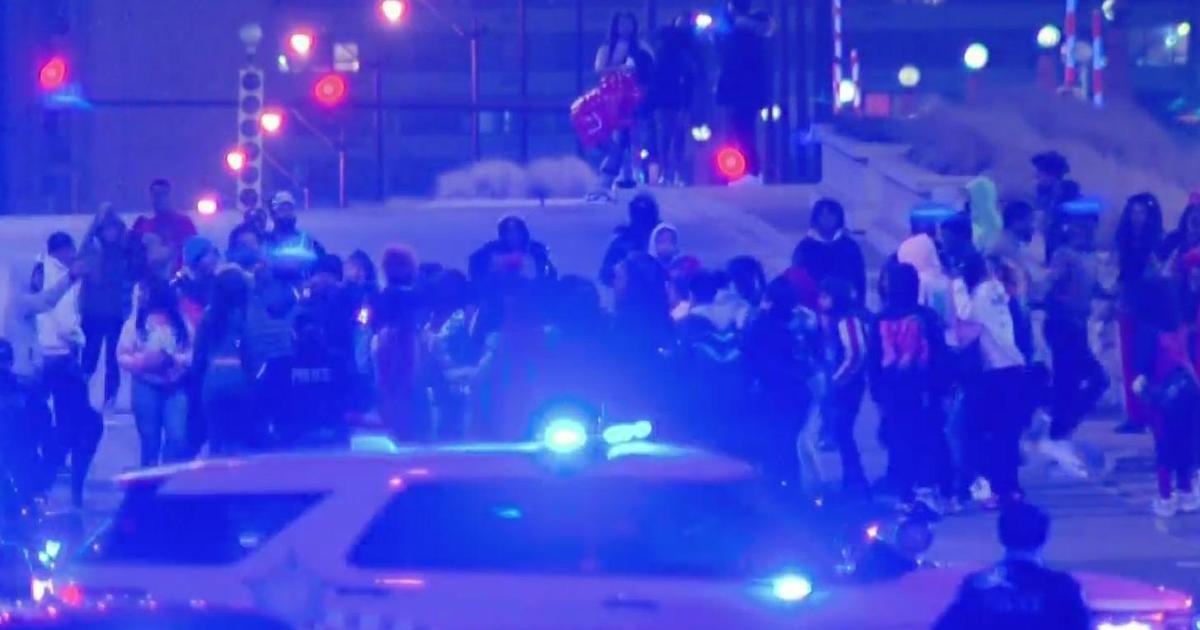2014 On Track To See Fewer Homicides, With Some Chicago Neighborhoods Still Being Left Behind
Chicago is on track to see fewer murders in 2014 than it did in 2013, but I'd hold off on celebrating if I were you...
As of November 30th, Chicago has 395 murders, according to the Chicago Tribune's Homicide Tracker. That's six fewer than 2013, which had 401 homicides tallied by November 30th.
The average number of December homicides over the past seven years is about 33, with the highest being 40 in 2013 and the lowest being 27 in 2012. Even if December 2014 were to see 40 murders, 2014's yearly totals would still come in under 2013's. The only worry: the number of homicides in November of 2014 were substantially higher than the number in November in 2013. Hopefully that rise does not continue through December.
Ultimately, these numbers probably won't be the final count the Chicago Police Department comes up with after the year ends -- think of these as an estimate. A rough estimate. A dream that eerily feels a little too real after you wake up.
One set of Chicago homicide stats rarely matches another. For example, the Tribune counted 441 homicides in 2013, the Chicago Police Department counted 415 and the FBI counted 414. In 2012, those numbers were 523, 500 and 516, respectively. How do discrepancies like this happen? There are numerous reasonable explanations: different criteria, human or technological error, reclassification of crimes, boundary discrepancies...
Then there are the reasons that, according to Chicago magazine, are less reasonable: "We identified 10 people... who were beaten, burned, suffocated, or shot to death in 2013 and whose cases were reclassified as death investigations, downgraded to more minor crimes, or even closed as noncriminal incidents -- all for illogical or, at best, unclear reasons."
Still, the Tribune's numbers are independent of CPD's influence (as far as I know, at least), and it looks like 2014 has a good chance of seeing fewer homicides than 2013. Assuming I'm not jinxing it with this article.
But, as usual, the neighborhoods with the most violence have less cause to celebrate.
Chicago Lawn, Humboldt Park, South Lawndale, South Chicago, West Garfield Park and West Englewood have seen more homicides in 2014 than they did in all of 2013, even without December 2014's numbers. Austin, which has had the most homicides of any other community area six out of the past seven years, is currently tied for its number last year at 31.
Englewood, Auburn Gresham and North Lawndale look like they have a chance to end the year with fewer murders, depending how December goes. South Shore in particular has seen a large drop, with 13 homicides in 2014 so far. Last year, South Shore was tied with Austin for the most homicides with 31.
Who, if anyone, is to credit for the city-wide drop the past two years?
With so many factors affecting city violence, it's hard to definitively say.
Ask Police Supt. Garry McCarthy, and he'll credit "additional officers in high-crime areas, partnering closely with the community and backing it all up with strong prevention measures." (He's got his spiel down pretty well at this point.)
Efforts to curb violence haven't only come from the police department. Chicago's Department of Family and Support Services are also pitching in by supporting after school and summer job programs in high crime areas.
In an evaluation commissioned by the city from the University of Chicago, participants in one of those programs, One Summer Plus, saw 3.7 fewer violent crime arrests per 100 participants, a 51 percent decline, when comparing teens in the program to teens from the same neighborhoods who weren't in the program. This was for the summer of 2012, with data collected through the 7 months proceeding the program's end. Without more data, it's difficult to say whether this effect stuck, and whether the program can truly be credited for reducing violent crime. But hey, I'm not gonna argue against more jobs, especially for youth in some of Chicago's most violent neighborhoods.
What do you think, if anything, is helping to lower homicides in Chicago? Let me know on Twitter!
Lastly, I know I've been hammering the fact that violence persists in the same neglected neighborhoods -- even when violence in the city as a whole lowers -- over and over, but I think it's an important point to keep reiterating, especially when multiple aspects of the numbers keep confirming this.
I'll be back next week to further explore Chicago homicide statistics. You can read more on the subject here.
Mason Johnson is a Web Content Producer for CBS Chicago. You can find him on Twitter.




